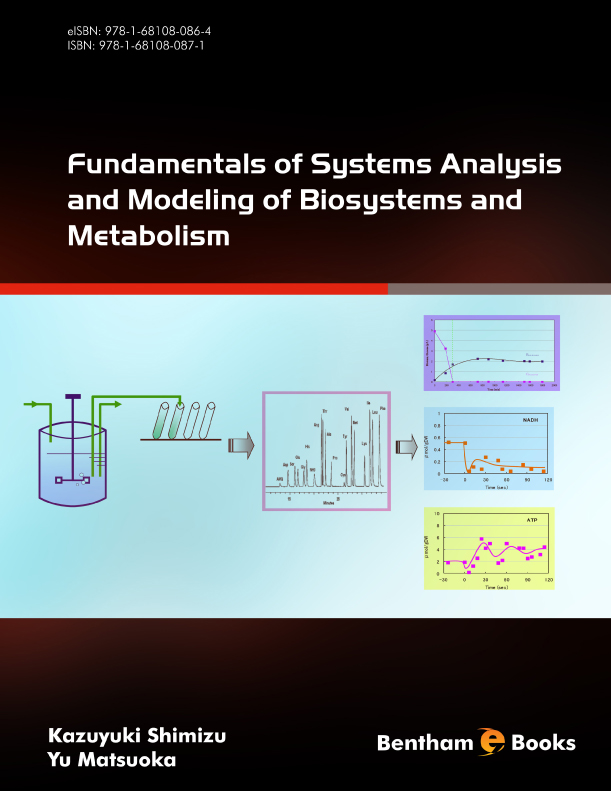Introduction
An understanding of biological systems at cellular and molecular levels helps researchers to model cellular behavior in different experimental conditions. This, in turn, can lead to insights about the influence of cell culture environment and the effect of knockout gene research when studying mutations that affect specific metabolic pathways. A systems biology approach, therefore, allows researchers to simulate experimental observations in order to predict outcomes at the cellular level.
Fundamentals of Systems Analysis and Modeling of Biosystems and Metabolism presents the basic concepts required for a systems biology approach towards cellular modeling. The book is intended as a primer for systems biology and biomedical engineering graduates and researchers. The text introduces readers to concepts related to cellular metabolism and its regulation, (enzymatic regulation and transcriptional regulation) which are also incorporated into a main metabolic model of a cell. The book also has chapters dedicated to identifying and incorporating steady-state and dynamic characteristics when considering a biological model for a computer simulation.
Readers will be able to (1) understand the basis of systems analysis towards creating appropriate biological models and simulations, (2) develop useful kinetic models based on cellular transport phenomena and metabolic regulation, (3) understand how to simulate a cell growth phenotype, and analyze it with experimental data.

